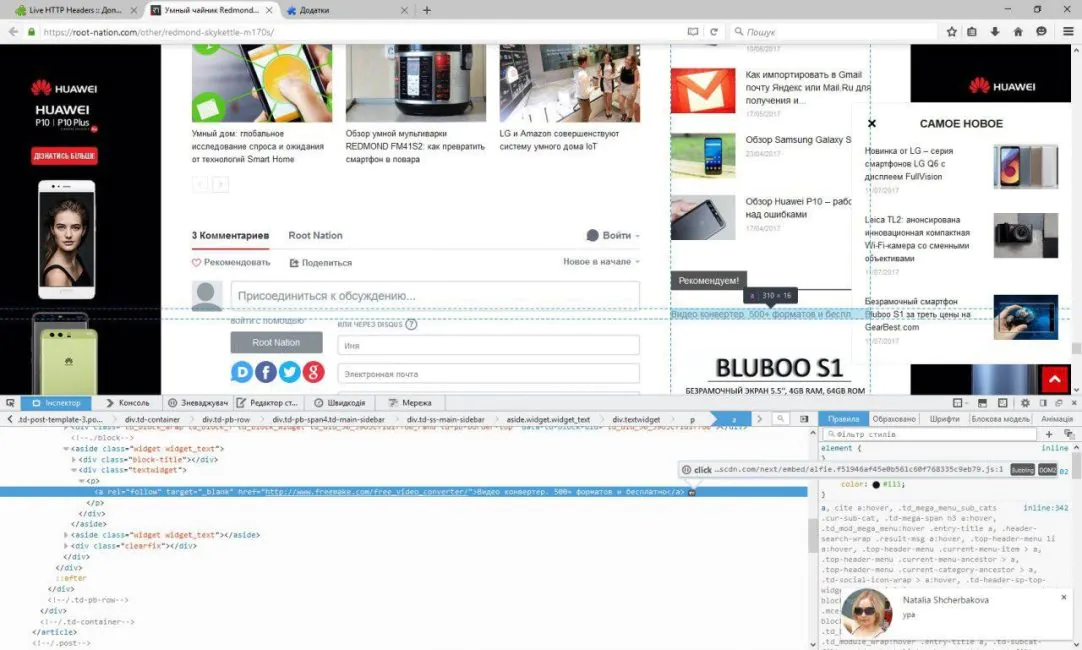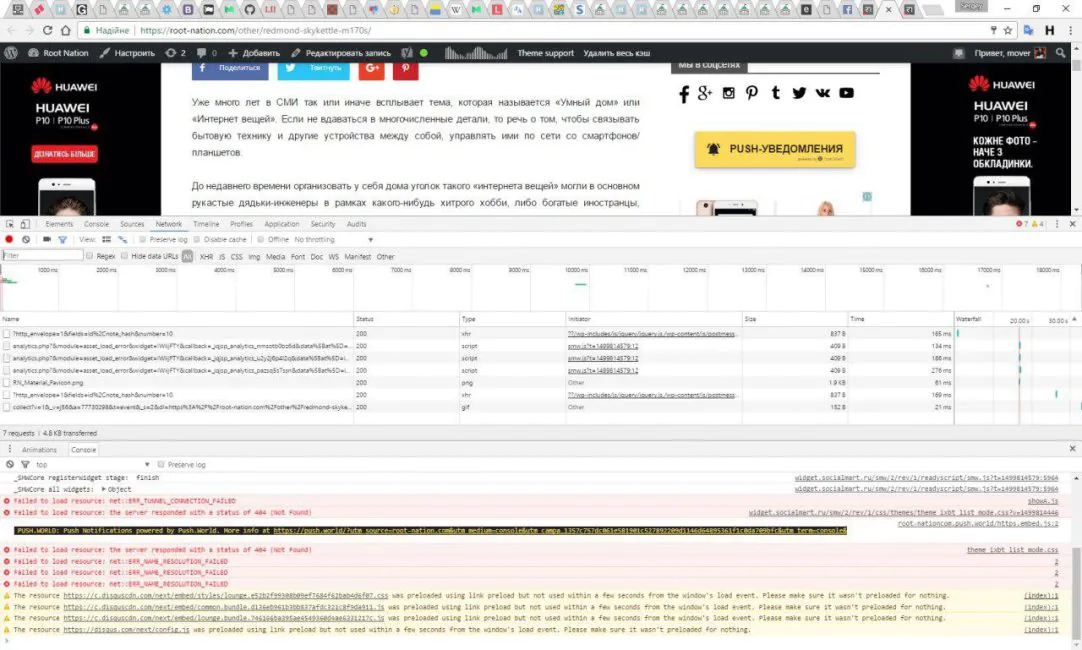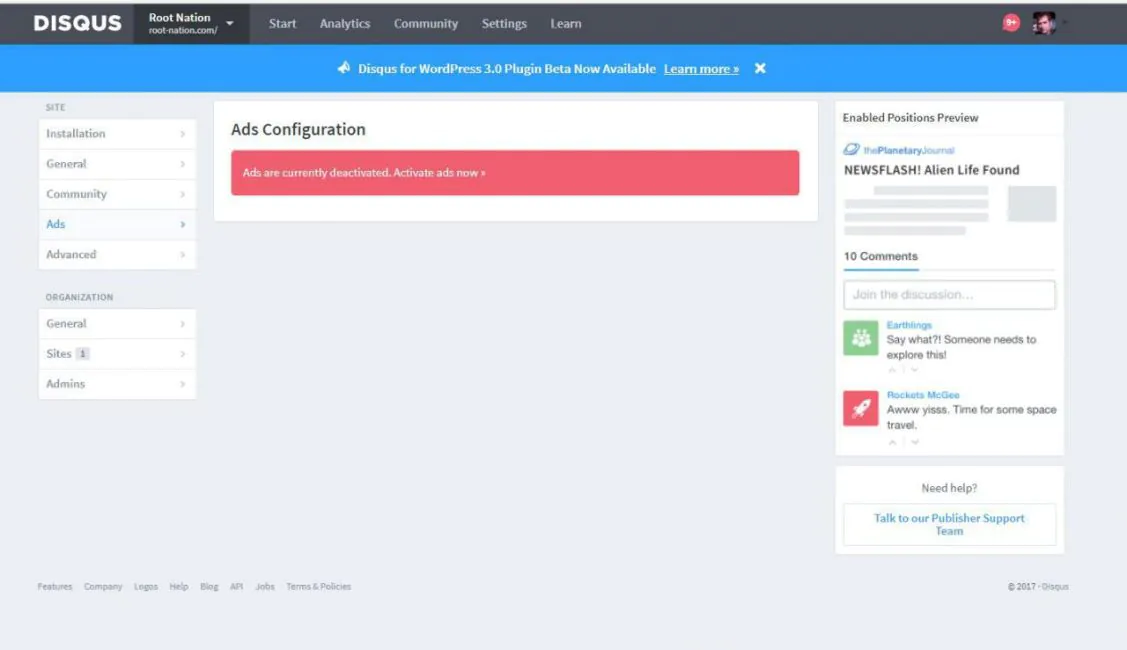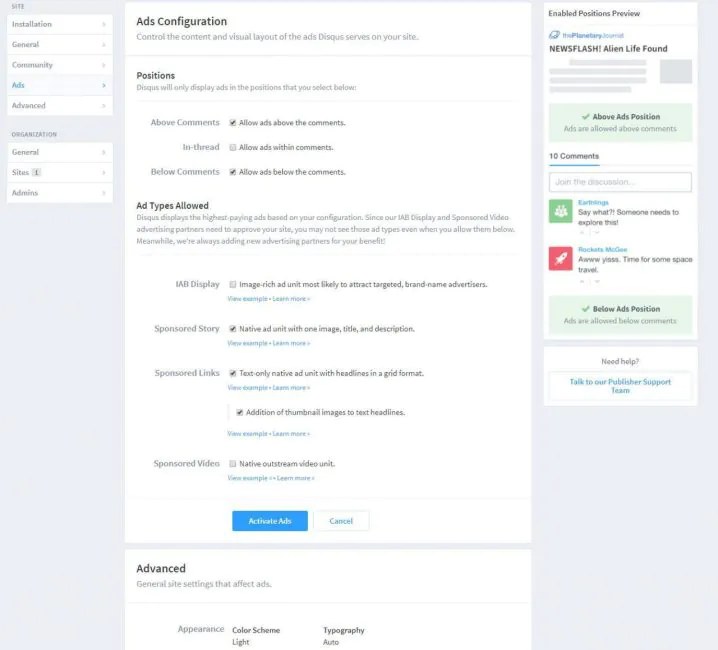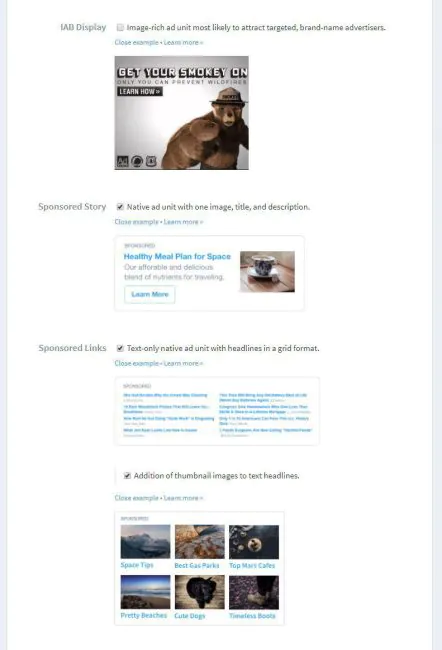© ROOT-NATION.com - Use of content is permitted with a backlink.
Today I’ll tell you a little something from my own experience. This article is for website owners who use Disqus for comments. This information may open your eyes to the unexpected fact that Disqus makes a lot of money of you.
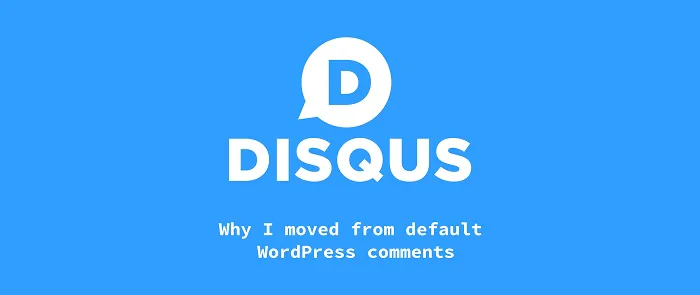
A small intro
There’s no website without external links. Links help readers to find additional info about the topic; they help to refer to the reputable site, show the source of information etc.
Many webmasters (like us) make money with external links, placing them in or out of texts for onetime or regular payments (link loans). In the last years different kinds of partnership programs have become more and more popular. The scheme is simple and transparent: you create interesting content and attract users. Users may click on a link and visit some kind of an internet store. If they buy something, you site gets a little something in return. Overall, external links are a product and one of the most efficient ways of making money from a website.
The problem
We always change all external kinks with the help of a plugin which transforms them into internal so they look like that: root-nation.com/goto/external-link. That way search engines see these links as ours. Our pages’ weight does not carry over to the landing page, but our readers still can click on it. If you need to insert an indexed link, you can do so with the help of a manual shortcode. This is important – that’s why we haven’t noticed what Disqus was doing with our site. It snatches only direct links, and we don’t have a lot of those. But it is Disqus who substitutes them. More on that below.
We found the problem after opening one of our links. After clicking, we got to the completely different page of the site – and in its URL there were elements of a partnership program we’ve never heard of. We needed the direct link – plain and simple! But when you hover over the link, the URL shows correctly. Click on it and off you go to someone else’s partner page. After the incident I checked another 5 pages and came up with the same result. How many substituted addresses are there? Our site has thousands of pages! One can only guess…
Panic! Is this a virus, a code injection? A hack? How long has this been going on? Things got worse when we found out there was no way to settle the problem fast, because on the weekend our programmer went to the country without his laptop. One thing was clear: we had some kind of a code which transformed (by itself of with the help of external script) our outbound links and led our visitors to wrong pages. I tried to turn off some unimportant plugins, but I didn’t even think about Disqus – it is, after all, a world known service with millions of users. It’s got to be safe and clean, right? Well, turning off the plugins didn’t change a thing. I had to wait for my programmer.
How Disqus substitutes links
A cursory examination of the site code showed that a click action is added to the direct links, which redirects the user to partner pages using an external javascript from subdomains of disquscdn.com. This is its address:
That’s when we finally found our who was the culprit. It was Disqus all along, and turning it off instantly removes the redirect.
We started digging. We wanted to keep Disqus still, but the problem had to go. It turned out that this function for WordPress is legal and well documented. Here are some links, explaining the problem: one, two.
Any webmaster can actually make money that way – you only have to activate ads in the settings ((/admin/settings/ads/) and enter payment information. But we never activated the ads! I know I could, but their methods of payment are not convenient for us, plus we didn’t want to overload the site with ads.
I also thought that ads had to stay inside of the widget with the comments and never leave its borders.
You can turn off the redirect, but the option is hidden in the settings menu: /admin/settings/advanced/. I can swear I never touched the second box. They may have been on on default. Others also don’t remember touching this function.
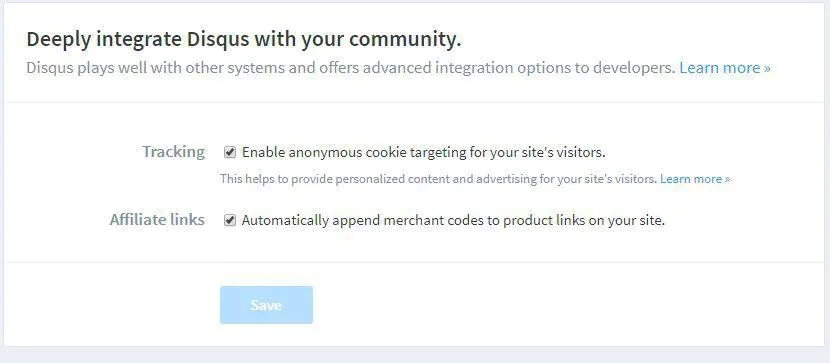
Also, take note of the first box (I also can’t recall whether I activated it or not) – it allows Disqus to learn readers’ interests to show specific context ads on connected sites. You can leave it, but I decided to deactivate it as well.
Verdict
Attention! Let me repeat myself: links that have been substituted by Disqus can be anywhere – not only in comments section. You can find them in text, in header, in footer or in the sidebar. Who could have expected something like that from a specialized plugin, which has nothing to do the global functions of the whole site?
It is obvious that the function was created with suckers in mind. Who reads manuals and documentations to known services? Only when there are problems. Now let’s imagine millions of sites with Disqus installed. Just imagine the profits from that one box. I still don’t know whether it is checked on default, of if I clicked on it by accident. Please comment and let us know.
I get Disqus. They collect unused external links and try to make money of them. Let nothing be wasted! I can’t really blame them for that, Someone in the company make partnership accounts wherever it’s possible: I found shops like aliexpress and gearbest and big partnership networks like admitad and sharesale.
There’s one thing I still don’t know. We don’t have a lot of direct links, and our own partner links can’t be substituted since they are considered internal. If you have your own partner links to somewhere, are you sure they aren’t being transformed into Disqus ones? I really want to hear your opinion.


